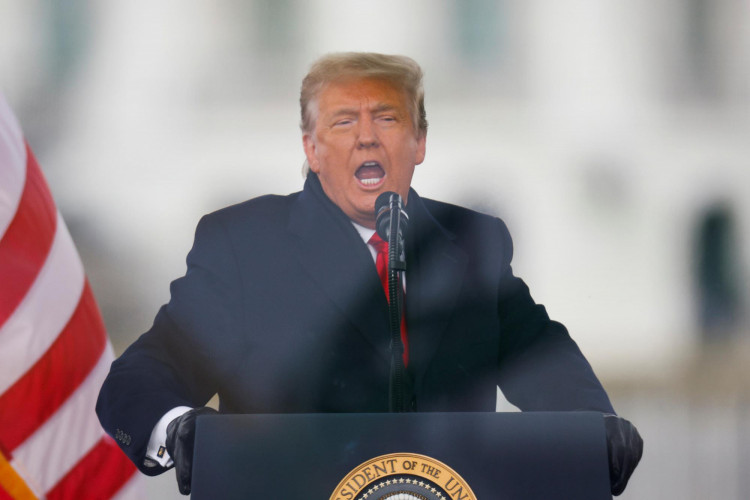U.S President Donald Trump spoke to aides in recent weeks about the possibility of pardoning himself before he steps out of the Oval Office, Insider reported Friday quoting a source with knowledge of the matter.
Such exercise of authority would be an extraordinary use of presidential power by an outgoing commander in chief.
Trump will leave office Jan. 20.
Trump has reportedly considered the move for some time but talks apparently started anew moments before he was recorded pressuring Georgia Secretary of State Brad Raffensperger to get enough ballots to somehow alter the state's election in his favor, The New York Times reported.
Talks about his pardon were also made before Trump called on his loyalists to march to the Capitol Wednesday, where hundreds stormed into the building in a bid to prevent lawmakers from certifying Biden's election win.
Legal experts say there's no precedent for Trump's exercise of presidential pardon, so its legal basis would ultimately be up to the court to decide, assuming his attempt to do so would generate a lawsuit.
In a 2018 Twitter comment, Trump said: "I have the absolute right to PARDON myself."
His pardoning powers are very broad. Trump could give a number of get-out-of-prison free passes for his relatives and loyal aides -- as he already has done in the past without issue.
Some legal luminaries have argued that a president pardoning themselves violates the constitution because it infringes on the idea that no one should act as judge in their own case.
Article II of the U.S. Constitution states that the president "shall have Power to grant Reprieves and Pardons for Offenses against the United States, except in Cases of Impeachment."
The question about self-pardon has never been put to the test and the Supreme Court has not given it much thought.





